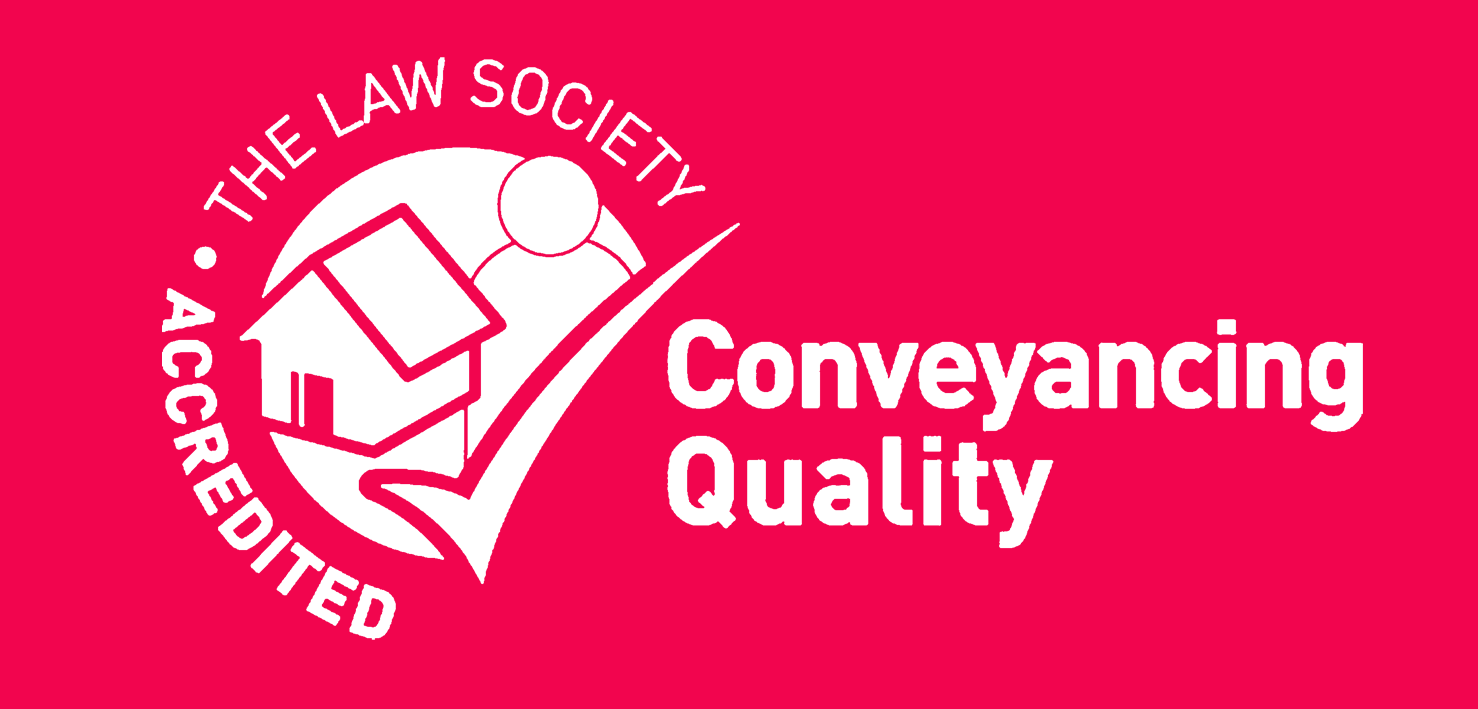An executor is a person named in a will who is legally responsible for administering the deceased’s estate in accordance with the will’s terms.
This position carries significant responsibilities and duties including:
- Gathering and valuing all assets of the deceased
- Protecting estate assets against damage, loss or theft
- Paying any outstanding debts and liabilities, including funeral expenses and taxes
- Obtaining the Grant of Probate which gives them legal authority to administer the estate
- Distributing the estate to the correct beneficiaries according to the will
- Maintaining proper financial records throughout the administration process
- Acting with due care and in the best interests of the beneficiaries
As experienced contentious probate solicitors, we at Awdry Law regularly see how these responsibilities can sometimes lead to friction, particularly when family dynamics are already strained by grief and loss.
Why do executor disputes happen?
While most executors handle their duties responsibly, disputes are becoming increasingly common.
Specialist solicitors, quoted in The Guardian, estimate that around 10,000 inheritance disputes occur annually in England and Wales, driven by complex family structures, higher-value estates, and greater awareness of legal rights.
According to another study, allegations against executors, including breaches of fiduciary duty and improper asset distribution are becoming more common. The most common reasons for executor disputes include:
- Excessive Delays: Executors typically have around one year (the ‘executor’s year’) to distribute assets. Unreasonable delays beyond this—without clear justification—often create frustration and suspicion.
- Lack of Communication: Executors must keep beneficiaries informed and respond to reasonable requests. Failing to do so can lead to mistrust and disputes.
- Conflicts of Interest: Executors who are also beneficiaries may act unfairly, making decisions that benefit themselves, such as keeping valuable assets while disadvantaging others.
- Mismanagement of Estate Assets: Executors have a duty to maintain, insure, and prudently invest estate assets. Neglecting these duties can cause financial losses.
- Selling Property Below Market Value: Executors sometimes sell estate property cheaply to themselves or others without proper valuation or adequate marketing, breaching their legal obligation to maximise estate value.
In my experience, even the most straightforward estates can become highly complex once questions are raised about an executor’s conduct.
Allegations of delay, mismanagement or unfair treatment often lead to deep-rooted disputes that are both emotionally and financially draining. Executors are not above scrutiny.
Executors are bound by strict legal duties, and when they fall short, whether through negligence or deliberate misconduct, beneficiaries have every right to challenge their actions through legal means.
Typical red flags that could mean the executor is failing in their duties:
- Fails to keep beneficiaries informed or refuses to provide estate accounts
- Delays distributing the estate without a valid reason or explanation
- Sells estate property below market value, especially to themselves or someone they know
- Uses estate funds for personal expenses or cannot account for missing assets
- Buys estate assets without proper valuation or approval (self-dealing)
- Favours certain beneficiaries over others, rather than acting impartially
- Fails to maintain, insure or protect estate assets, causing financial loss
- Moves themselves or a relative into estate property without consent
- Refuses to sign paperwork or take necessary steps to administer the estate
- Charges unreasonable or excessive fees for acting as executor
What are my options if the executor is acting improperly?
Are you concerned that an executor is mismanaging the estate, acting dishonestly, or failing to fulfil their legal duties?
Here are some of the available options our contentious probate team recommend:
1. Speak to the executor directly
Where possible, it’s best to raise any concerns with the executor directly. Ask for clarification about how the estate is being managed and set out your concerns in writing. Keeping a clear record of your communication can be helpful if the matter isn’t resolved informally.
If you’re unsure how to approach this, we can help you draft a clear and professional letter to the executor, setting out your position and requesting the necessary information. This often prompts a resolution without the need for further action. We can also review any responses you receive and advise you on your next steps.
2. Request an estate accounting
As a beneficiary, you’re entitled to ask for a clear account of how the estate is being managed. This should include details of all assets, liabilities, expenses, and any distributions made so far.
If the executor doesn’t provide this information, or if what they’ve supplied raises concerns, we can assist you in requesting a formal estate account on your behalf.
In many cases, a solicitor’s involvement prompts a proper response. If the executor still refuses or fails to account properly, we can advise on applying to the court to compel them to do so, and where appropriate, explore steps to have them replaced.
3. Consider mediation
If direct communication hasn’t resolved the issue, mediation can be a practical next step. It offers a structured way for all parties to discuss the dispute with the help of an independent mediator, often leading to agreement without the time, cost, and stress of court proceedings.
We regularly support clients through mediation, from helping you prepare your position to representing you during the process. In many cases, early legal involvement combined with mediation leads to a quicker and more cost-effective resolution.
4. Seek legal advice from executor dispute solicitors
Consulting with specialist wills, estate, and inheritance dispute solicitors is crucial. Our experienced Contentious Probate team can assess the merits of your case, advise on the appropriate legal actions, and help you deal with the often complex legal landscape of executor disputes.
5. Apply to the Court
If other methods fail, you may need to make a formal application to the court. This might involve:
- Applying for the executor to be removed and replaced
- Seeking an order for the executor to provide an inventory and account
- Claiming compensation for losses caused by the executor’s breach of duty
- Applying for a declaration regarding the correct interpretation of the will
Who can make a claim against a Will?
Not everyone can contest a will or challenge an executor’s actions. In most cases, claims are brought by those with a financial interest in the estate or those who believe they’ve been unfairly treated.
Here’s a more detailed breakdown of who can bring a claim:
Spouses and Civil Partners: A surviving husband, wife or civil partner is often entitled to a significant share of the estate. If the will fails to provide reasonable financial provision, they may have grounds to claim.
Children and Adult Children: This includes biological, adopted and sometimes estranged children. Adult children can also claim, especially where they were financially dependent on the deceased or have specific needs the will fails to account for.
Cohabiting Partners and Financial Dependants: If you lived with the deceased as if you were married or in a civil partnership for at least two years before their death, you may be able to claim under the Inheritance Act if you’ve been excluded or left with insufficient provision.
Executors: Executors can challenge a will’s validity if they suspect it was improperly executed or made under undue influence. Co-executors may also raise concerns about how another executor is handling the estate.
Step-Children and Treated-as-Children: Children who were treated as part of the family, such as step-children or foster children, may be eligible if they were financially dependent on the deceased.
Former Spouses or Civil Partners: Provided they haven’t remarried or entered a new civil partnership, they may be able to bring a claim—especially if financial arrangements from the divorce were unresolved or ongoing.
Beneficiaries in the Current or a Previous Will: If you’re named in the current will or were included in an earlier will but later excluded, you may be able to challenge its validity or question how the estate is being administered.
Other Interested Parties: This includes individuals or organisations who were promised an inheritance, or who believe they had a legitimate expectation to benefit from the estate, such as charities or close friends.
Why wait? Speak to our Executor Dispute Solicitors today…
Disagreements involving Executors can cause significant stress and delays in managing an estate. Often these disputes can be resolved effectively through negotiation, but if problems persist, there are other options available.
Our specialist Contentious Probate team at Awdry Law has extensive experience supporting both Executors and beneficiaries. We strive to resolve disputes promptly and amicably, aiming to avoid court proceedings wherever possible.
If you have concerns or questions about an Executor dispute, please contact our team today on 01793 853200 a for a no-obligation discussion about your circumstances and how we can assist you.





